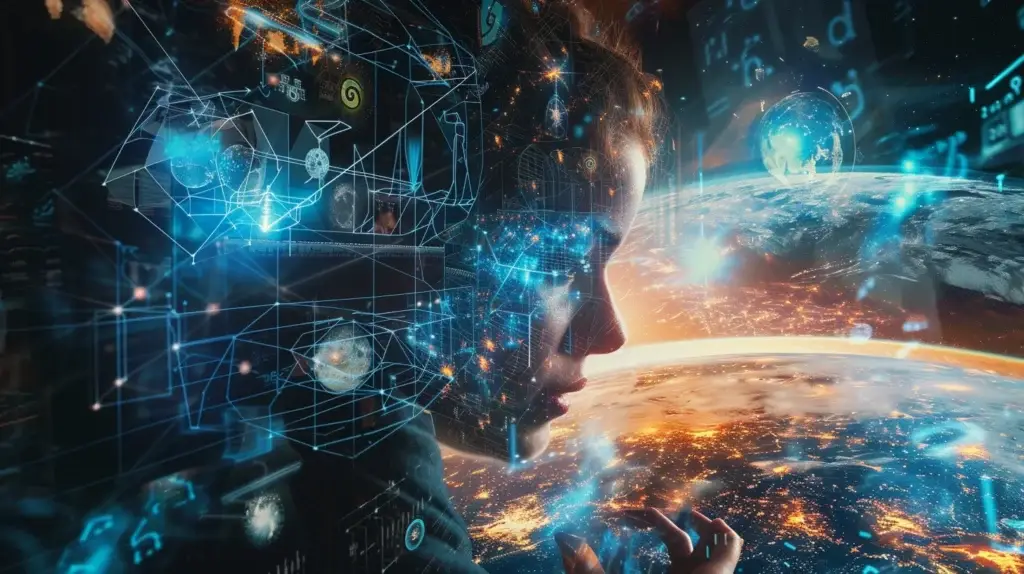Web 3.0, or the Semantic Web, is the next big step in the evolution of the World Wide Web. It aims to make the internet smarter, more connected, and more focused on the user. In this post, we’ll look at the main features and potential effects of Web 3.0 technology.
Understanding Web 3.0
Web 3.0 is imagined as a web that is more open, decentralized, and intelligent. It uses technologies like AI, machine learning, and blockchain. The goal is to create a web where data is more linked, machines can better understand information, and users have more control over their data and online experiences.
Main Features of Web 3.0
- Semantic Web: Web 3.0 aims to create a “semantic web.” In this web, data is organized and labeled in a way that machines can understand the meaning and context of information. This leads to more accurate and relevant search results.
- Artificial Intelligence: AI and machine learning will be important in Web 3.0. They will allow computers to process and understand information more like humans. As a result, user experiences will be smarter and more personalized.
- Decentralization: Web 3.0 wants to decentralize data and services. This means moving away from control by big corporations. Instead, decentralized networks using blockchain will enable more secure, transparent, and tamper-proof transactions and data storage.
- Ubiquity and Connectivity: In Web 3.0, internet-connected devices will be everywhere. This will allow users to access information and services easily across various devices and platforms.
- 3D Graphics and Immersive Experiences: Web 3.0 will use more advanced 3D graphics and virtual reality technologies. This will enable more engaging and interactive online experiences.
Potential Impact on Society and the Economy
Web 3.0 could have a big impact on various aspects of society and the economy:
- Empowering Individuals: By giving users more control over their data and online identities, Web 3.0 can help create a fairer and more user-focused internet.
- Transforming Industries: Web 3.0 technologies like blockchain and AI can change industries such as finance, healthcare, and supply chain management. They can enable more efficient, secure, and transparent processes.
- Fostering Innovation: The decentralized and open nature of Web 3.0 can encourage more innovation and collaboration. Developers and entrepreneurs can build upon existing technologies and create new applications and services.
As Web 3.0 continues to develop and mature, it has the potential to transform many aspects of our lives and the global economy. By using technologies like AI, blockchain, and the Semantic Web, it aims to create a smarter, more decentralized, and more user-centric web. This opens up exciting new possibilities for individuals, businesses, and society as a whole.





